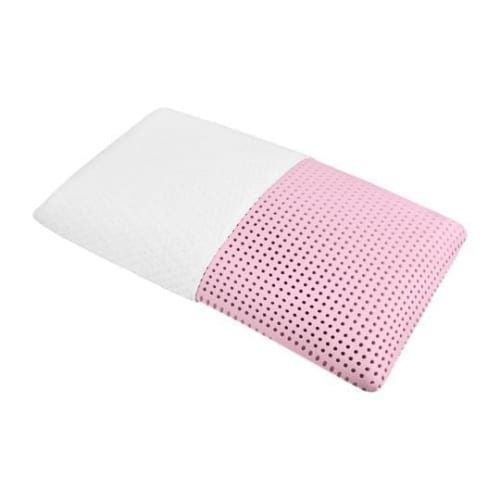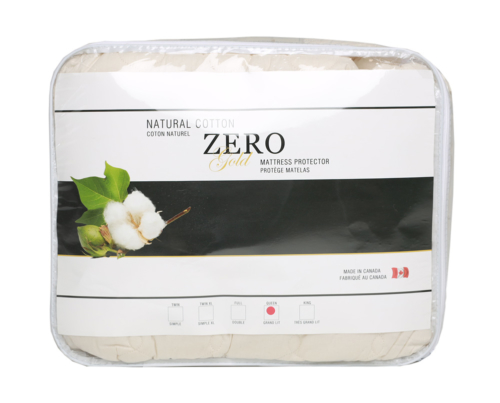
A good night’s sleep is essential for everyone, and a high-grade mattress plays a significant role in achieving this. The mattress market is saturated with a plethora of options, making the buying process a daunting task. This comprehensive guide aims to simplify this process and help you make an informed decision.
1. The Importance of a Good Mattress
A well-selected mattress is more than just a sleeping surface. It provides support for your spine, alleviates chronic pain, and contributes to overall well-being. It’s crucial to choose a mattress that maintains your spine’s natural alignment and minimizes the risk of developing back problems.
Quote: “Sleep is the best meditation.” – Dalai Lama
Given that we spend approximately one-third of our lives in bed, investing in a quality mattress is not a luxury but a necessity. It’s a long-term investment in your health and comfort.
2. Understanding Mattress Types
There are different types of mattresses available in the market, each with its unique set of advantages. Here’s a quick rundown:
- Memory Foam Mattress: Known for providing excellent support and pressure relief, they adapt to your body shape, offering a personalized comfort level. Ideal for people with back problems or those seeking a plush sleeping surface.
- Latex Mattress: They offer a perfect blend of comfort and support with a buoyant feel. Because they are often made from natural materials, they are a good choice for eco-conscious consumers and those with allergies.
- Innerspring Mattress: The traditional choice for many, they provide a firm support system through interconnected coils. They’re known for their durability and robust support.
- Hybrid Mattress: A combination of memory foam, latex, or gel along with an innerspring system. They offer the best of both worlds – the comfort of foam layers with the support of innerspring coils.
3. Consider Your Sleeping Position
Your regular sleeping position directly influences the type of mattress that will provide you with optimum comfort:
- Side Sleepers: A soft to medium-firm mattress is ideal as it provides adequate cushioning for the hips and shoulders.
- Back Sleepers: A medium to firm mattress provides optimal support for spinal alignment while ensuring comfort.
- Stomach Sleepers: A firm mattress is recommended as it prevents the body from sinking and helps maintain a neutral spine position.
4. Firmness Level
The firmness level of a mattress is subjective and varies from person to person. It depends on various factors, including body weight, personal preference, and specific health conditions. While a medium-firm mattress tends to be universally comfortable, it’s important to try out different firmness levels to determine what feels best for you.
5. Size Matters
The size of the mattress is another critical factor to consider. From single and double to queen, king, and even super king size, choose a size that suits your needs, considering factors like the number of sleepers, room size, and personal preference for space while sleeping.
6. Research and Reviews
Before making a purchase, it’s advisable to conduct thorough research. Visit different stores, try out various mattresses, and read customer reviews online. Reviews provide first-hand information about the comfort, durability, and quality of the mattress, helping you make an informed decision.
7. Health Recommendations
If you have specific health conditions, particularly related to the back or neck, it’s advisable to consult with a healthcare professional before making a purchase. They can provide recommendations based on your medical history and specific needs.
8. Trial Period and Warranty
Many mattress companies offer a trial period, allowing you to test the mattress at home. A generous trial period and return policy can take the risk out of your purchase. Additionally, ensure the mattress comes with a warranty to protect your investment.
9. Sustainability
In today’s eco-conscious world, consider the environmental impact of your mattress. Some mattresses, like those made of natural latex, are biodegradable and more eco-friendly. Check for certifications like CertiPUR-US or GreenGuard to ensure the mattress is free from harmful chemicals.
10. Budget
While quality and comfort are paramount, it’s also important to consider your budget. However, remember that a higher price tag doesn’t always equate to better quality. With careful research and comparison, you can find a quality mattress that doesn’t break the bank.
In conclusion, buying a mattress is a significant decision that can impact your health and well-being. Keep these factors in mind to make an informed choice that ensures quality sleep and ultimate comfort. Happy mattress shopping!






